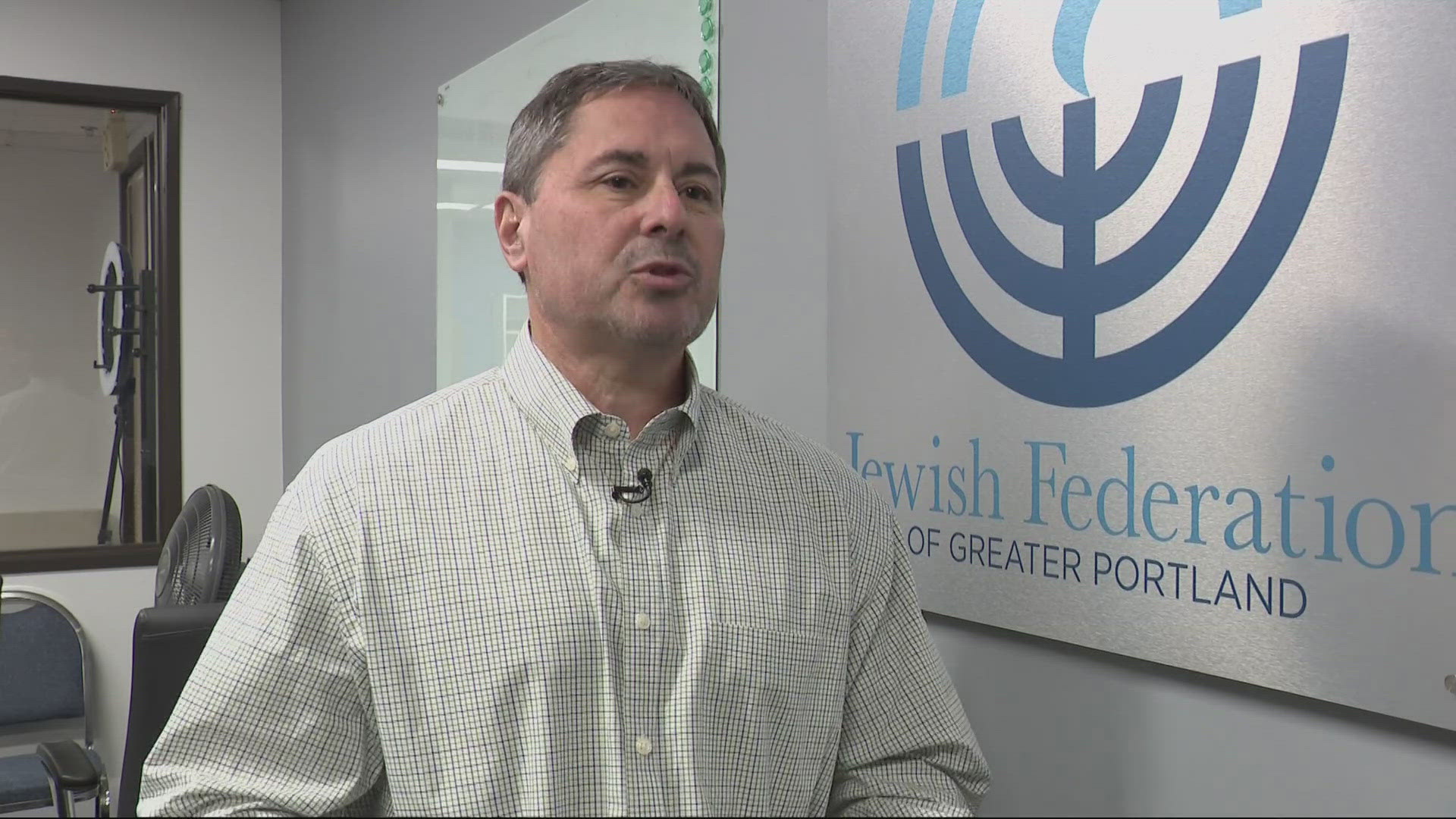PORTLAND, Ore. — The announcement of a fragile ceasefire between Israel and Hamas has sparked a range of emotions among Portland’s Jewish and Palestinian communities — cautious optimism, grief, and a shared longing for peace after more than two years of devastating conflict.
The truce, brokered late Sunday by international mediators, includes a long-awaited exchange of hostages and prisoners, with both sides returning captives — living and deceased — as part of the agreement. While it marks the first meaningful pause in violence in years, community leaders in Portland say the scars of war will take far longer to heal.
Relief and Reflection in the Jewish Community
For Marc Blattner, CEO of the Jewish Federation of Greater Portland, the ceasefire brought a moment of profound relief.
Also Read
“Last night was an exuberant night,” Blattner said. “I was sitting in bed watching the news at 12:30 in the morning when finally the hostages were really back in Israel. There’s an overwhelming sense of joy and relief. But we’re still waiting for the remaining 28 dead hostages to eventually come home.”
Blattner described the return of hostages as both joyous and heartbreaking — a bittersweet reminder of lives lost and families torn apart. He condemned Hamas for its role in starting the conflict and for continuing to hold hostages during the war, but he also expressed empathy for the suffering of civilians in Gaza.
“We certainly have a lot of compassion for the loss and the issues that took place in Gaza during this war,” he said. “Hopefully, we’re moving into a time where people can see the world in a better place.”
Palestinian Voices: Hope Amid Heartbreak
Across town, Mazen Malik, a board member of the American Council for Palestine, was also awake into the early hours, watching the first footage of exchanges unfold.
“We’re very hopeful,” Malik said. “We want the genocide to stop.”
For Malik and others in Portland’s Palestinian community, the ceasefire offers a brief reprieve but not a resolution. He emphasized that peace must extend beyond the absence of violence to include justice and recognition for Palestinians.
“Without a resolution on the rights of Palestinians and self-determination, that region will always have turmoil,” Malik said. “The hope is that this is a start — but nothing is assured.”
A Shared Call for Healing
Despite their differing perspectives, both Blattner and Malik underscored the importance of healing — for individuals, families, and entire nations.
“There’s a new path forward,” Blattner said. “There’s hope, but also a lot of consternation. There’s healing that has to take place — for the hostages, their families, and for the country as a whole.”
Malik agreed that reconciliation will take time and must come with accountability on all sides. “People are tired,” he said. “This isn’t about revenge anymore. It’s about survival and dignity.”
Looking Ahead: Peace Beyond Politics
Local faith and community organizations in Portland have long worked to bridge divides through interfaith dialogues, peace vigils, and cultural exchanges. Leaders say those efforts will become even more important as global tensions ripple through local communities.
Blattner and Malik both believe that mutual recognition and compassion — not military power — will be the foundation for lasting peace.
“The ceasefire gives us a moment to breathe,” Malik said. “Now we have to decide what to do with that breath.”
As the international community watches whether the truce will hold, Portland’s Jewish and Palestinian residents share a cautious hope — that this fragile peace might finally open the door to something more enduring.
“Peace,” Blattner said softly, “starts with listening — and with believing that it’s still possible.”












